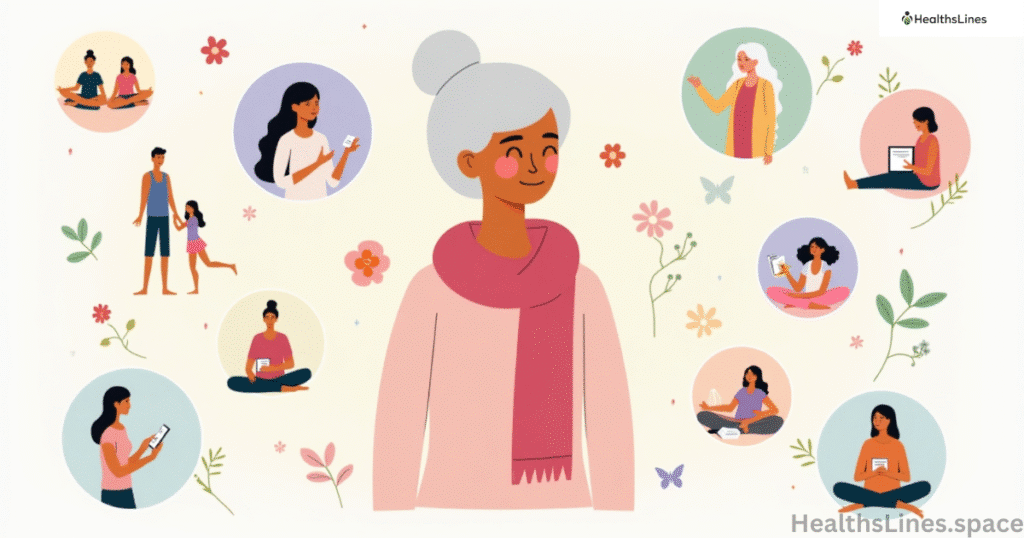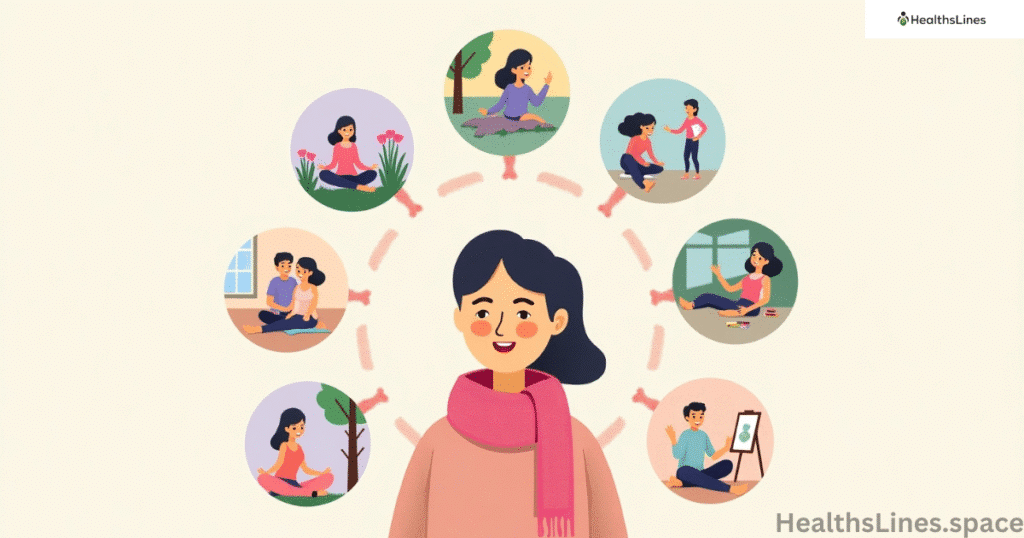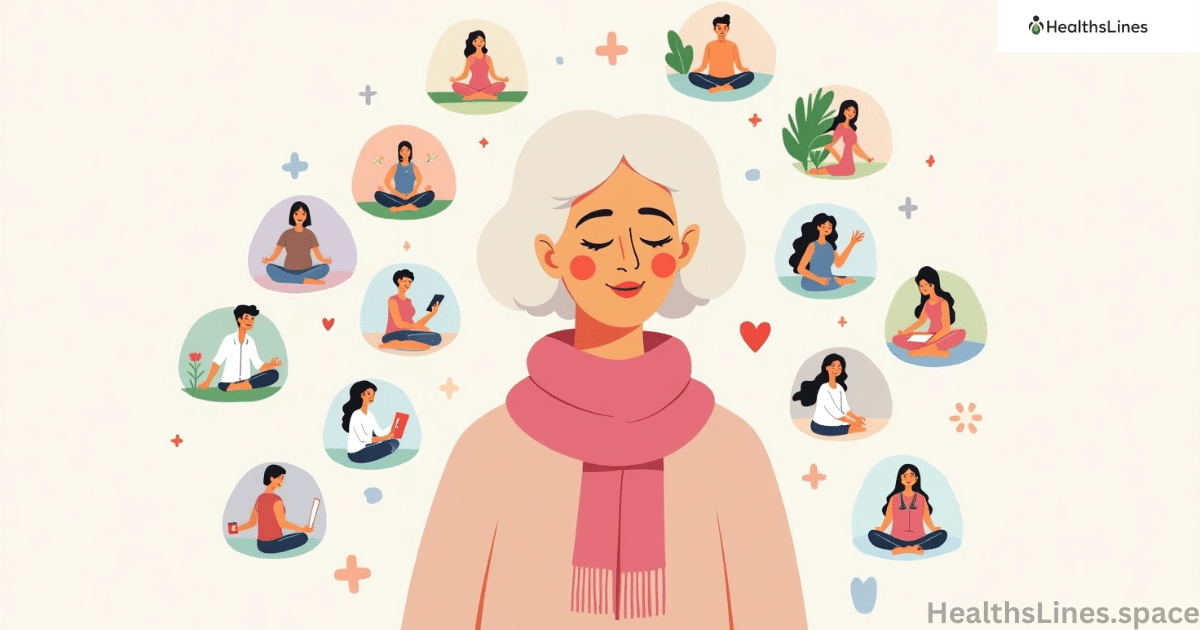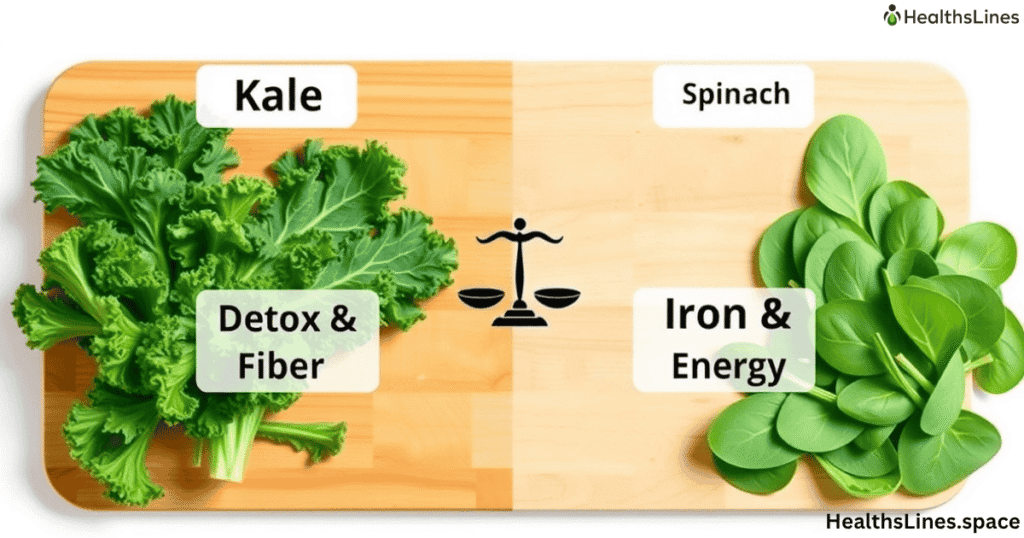Living with metastatic breast cancer isn’t easy. It brings physical pain, emotional stress, and daily struggles. But improving your quality of life is possible Life Quality with Stage 4 Breast Cancer. Whether you’ve just been diagnosed or have been managing it for years, this guide will help you find comfort, balance, and joy.
This article shares real, proven ways to boost your quality of life with stage 4 breast cancer. Every tip here is backed by experts, research, and real-life stories. The goal is not just to survive, but to live well.
Manage Pain with a Personalized Strategy
Cancer pain management is not one-size-fits-all. Everyone feels pain in different ways. With metastatic breast cancer, pain may come from the cancer itself, treatment side effects, or even stress. That’s why it’s important to build a pain relief plan that’s made just for you. Start by talking openly with your doctor about where it hurts, when it hurts, and how it affects your daily life. They may suggest a mix of medicines, from over-the-counter drugs like acetaminophen to stronger painkillers if needed. For some patients, medical cannabis for cancer pain can also offer relief. Always follow medical advice and never self-medicate without guidance.
Alongside medication, non-drug treatments can help reduce pain. These might include acupuncture and breast cancer therapies, massage, hot or cold packs, or gentle movement through cancer-friendly exercise programs. Some people find that mindfulness for cancer patients—like breathing exercises or meditation—helps manage pain by calming the body and mind. Keep a journal to track when pain flares up. You may notice patterns and triggers that you can avoid or treat early. This method also helps your care team adjust your treatment to better fit your needs.
| Type of Pain | Relief Option |
| Bone pain | Strong painkillers, radiation, gentle yoga |
| Nerve pain | Antidepressants, warm compress, acupuncture |
| Muscle pain | Physical therapy, massage, warm showers |
| General discomfort | Mindfulness, journaling, medical cannabis |
Support Your Mental Health Every Day
Mental health and breast cancer are closely linked, especially when living with metastatic breast cancer. Stress, fear, sadness, and anxiety can show up at any time. That’s why it’s important to care for your mind just as much as your body. You don’t need to wait for a crisis to get help. Building small daily habits can protect your emotional health and help you feel more in control.
Start with something as simple as journaling. Writing down your thoughts each morning or night can bring clarity. It also helps you track your feelings over time. Journaling for mental health is proven to ease anxiety and improve mood. Add in five to ten minutes of quiet time. That could mean prayer, deep breathing, or a short mindfulness for cancer patients session. These small breaks help calm racing thoughts and reduce tension.
Talking with others also matters. Try support communities for cancer, whether online or local. Many people say these groups give them the kind of emotional support for cancer patients that family or friends sometimes can’t. You may find comfort just hearing others’ stories. Therapy is another great tool. Whether it’s one-on-one or group sessions, a mental health expert can guide you through fear, anger, or depression. They’ll help you build coping tools that work for your personality.
Managing emotions isn’t easy, but small steps every day can make a big difference in your quality of life with stage 4 breast cancer.
Create a Restful Nighttime Routine

Getting good sleep can be tough when you’re living with metastatic breast cancer. Pain, stress, and treatment side effects often make it hard to fall or stay asleep. But creating a calming bedtime routine can help your body and mind wind down, so you rest better. Quality sleep is not just about feeling refreshed. It supports your immune system, balances mood, and boosts energy. That’s why breast cancer sleep tips are an important part of care.
Start by setting a regular bedtime and wake-up time, even on weekends. This trains your body clock to expect rest. About an hour before bed, begin your routine. That might include a warm shower, soft music, or reading something light. Avoid screens—phones and TVs—because the blue light can keep your brain awake. Try natural ways to relax, like herbal teas, aromatherapy, or natural sleep aids for cancer patients such as melatonin.
If thoughts are keeping you up, journaling or short mindfulness for cancer patients exercises may help. Write down your worries and set them aside. Breathing deeply for a few minutes can also calm your body. A dark, quiet room with a comfy pillow makes a big difference too.
Some people with advanced breast cancer support needs may benefit from speaking with their doctor about sleep medications or alternative options. Here’s a helpful chart to compare natural and medical sleep aids.
Address Medication Side Effects Early
The side effects of treatment can affect your mood, appetite, energy, and sleep. These breast cancer side effects often include nausea, fatigue, hot flashes, and neuropathy. Others may experience brain fog or changes in taste.
To manage these, keep a side-effect journal and share it with your care team. You can explore treatment changes or add medications that help. For example, anti-nausea drugs or dietary changes can improve how you feel. Recognizing and addressing these symptoms early can greatly improve your quality of life with metastatic breast cancer.
Get Practical Help with Chores and Errands
Living with metastatic breast cancer often means dealing with fatigue, pain, and low energy. Even small tasks like cooking, cleaning, or shopping can feel too much. That’s why asking for help isn’t weakness—it’s smart. You don’t have to do everything yourself. In fact, getting help with everyday chores can improve your quality of life with stage 4 breast cancer and give you more energy for healing.
Start by making a list of tasks that drain you most. Maybe it’s laundry, grocery shopping, or walking the dog. Then, think about who might be willing to lend a hand. Family, friends, neighbors, or church groups often want to help—they just don’t know how. Be clear and specific. Say, “Can you pick up groceries on Tuesday?” or “Can you help vacuum once a week?” You’ll be surprised how many people say yes.
You can also look into community services. Many areas have volunteers or programs that support cancer patients with errands, meals, or house cleaning. Some cancer centers or nonprofits offer breast cancer palliative care that includes home support. Digital apps and tools can help too. Use digital tools for cancer care like reminder apps, grocery delivery, or calendars to plan ahead and reduce stress.
| Task | Possible Support |
| Grocery shopping | Delivery apps, friend pickup |
| House cleaning | Volunteer help, local services |
| Pet care | Neighbor walks, pet-sitting services |
| Cooking meals | Meal trains, frozen prep meals, food delivery |
Taking chores off your plate gives you more time and energy for healing.
Build a Realistic Physical Activity Plan

It may sound hard, but movement is one of the best ways to feel better. Even light exercise can improve sleep, digestion, and reduce anxiety. People who follow cancer-friendly exercise programs often report better mental health and pain relief.
You don’t need to run a marathon. Try light stretching, gentle yoga, or walking around the block. Metastatic cancer and exercise go hand in hand when done safely. LIVESTRONG at the YMCA and similar programs offer guided sessions built for energy limits. Always consult your doctor before starting any activity.
Organize Your Medical Life Digitally
Cancer patient routines often include medications, tests, follow-ups, and more. All this can get overwhelming. But digital tools can help keep everything in order.
Apps like My Chart or Me di safe allow you to track appointments, test results, and medications. Using digital tools for cancer care also reduces stress. They act like a personal assistant that reminds you of every important detail. Keeping your treatment plan organized helps you feel more in control.
Here’s a quick comparison of helpful digital tools:
| Tool | Purpose | Notes |
| My Chart | Medical records, appointments | Linked to hospital system |
| Me di safe | Medication reminders | Easy to use |
| Care Zone | Symptom and med tracker | For both patients and caregivers |
| Google Calendar | Appointment tracking | Syncs across devices |
Lean into Hobbies That Spark Joy
Joy is a powerful medicine. Doing things that make you smile can improve brain chemistry and energy levels. Engaging in hobbies for cancer patients brings a sense of purpose and normalcy.
Whether it’s painting, gardening, reading, or cooking, find something you enjoy. Modify it if needed. For example, use raised beds for gardening if bending is hard. A woman named Clara, living with stage 4 breast cancer, shared how knitting helped her reduce stress and pass time during chemo. Creative hobbies are not just pastimes—they’re therapy.
Find Your People—Join a Support Community
Talking to someone who truly understands makes a huge difference. Support groups for breast cancer offer a safe space to share fears, hopes, and advice.
There are many options for support communities for cancer—in person or online. Cancer Support Community, SHARE Cancer Support, and Facebook groups provide 24/7 access to help. Whether you prefer small group chats or one-on-one mentoring, these communities offer both practical help and emotional support for cancer patients.
Final Thoughts
Improving your quality of life with stage 4 breast cancer takes effort, but it’s worth it. With the right mix of support, rest, care, and creativity, each day can become a little brighter. Don’t let the diagnosis define you. Instead, let your life be shaped by the things that bring you peace, love, and strength.
Everyone’s journey is different, but no one has to walk it alone. Speak to your care team, explore new routines, and surround yourself with people who uplift you. You deserve comfort, clarity, and hope—every single day.












